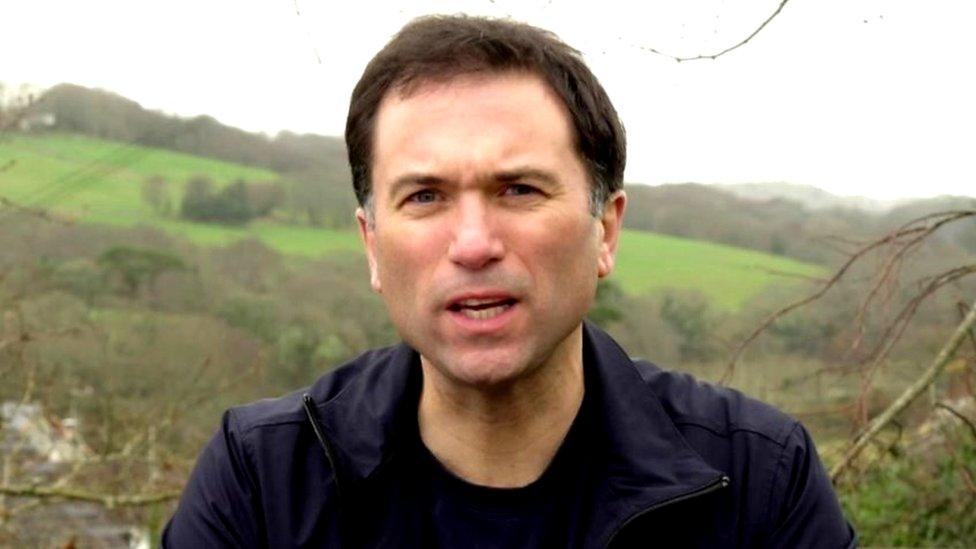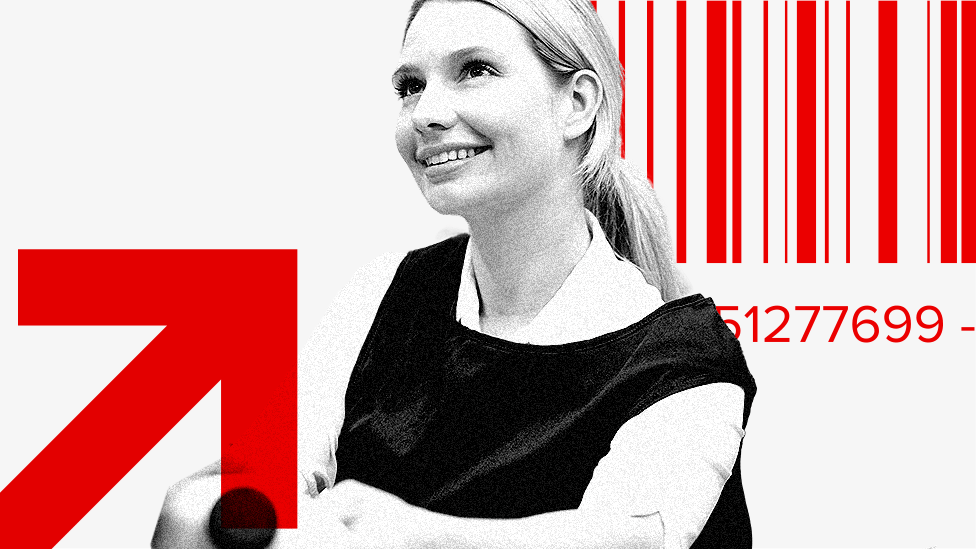Fenland workers earn £10K less than others in Cambridgeshire
- Published

There is a large difference in annual wages across Cambridgeshire
People who work in the Fenland District Council area earn about an average of £10,000 less per year than workers in South Cambridgeshire.
The BBC has analysed government figures for Cambridgeshire going back to 2008.
They also show the same workers earned £5,000 less than the England average annual salary of £33,571 in 2022.
A business expert from the University of Cambridge said wage differences were reflective of the types of jobs available in each area.
The BBC has used official data from the Office of National Statistics, external to come up with the figures.

They show that every year since 2008, on average workers in Fenland were paid less than all other districts in Cambridgeshire, including Peterborough.
In 2021 and 2019, the difference in annual wages between people working in Fenland and South Cambridgeshire was as much as £13,000.
Workers in South Cambridgeshire have consistently topped the local league, and last year they got paid over £5,000 more than the England average.
Cambridge is second, with Huntingdonshire third followed closely by East Cambridgeshire and Peterborough.

Average annual salaries for 2022
England: £33,571.20
Cambridge: £36,509.20
East Cambridgeshire: £29,915.60
Fenland: £28,267.20
Huntingdonshire: £33,129.20
Peterborough: £29,307.20
South Cambridgeshire: £38,916.80
Source: Office for National Statistics

Tom Calton runs an engineering company in Peterborough - RTC Plant Services - that has been operating since 1996.
He said he did not see the earnings gap, as he had to pay the right rate for the job to recruit qualified staff.
Mr Calton added that scarcity of labour also drove up his costs.

Tom Calton, from RTC Plant Services, said scarcity of labour drove up his labour cost
"People are pushing the young guys and girls into more computerised studies, but what we want is hands-on people who can work on and fix machines," he said.
"We tend to, as a company, have to poach engineers from other companies around the area."
Dr Graham Gudgin, from Judge Business School at Cambridge University, said wage differences were reflective of the jobs in each area.
He said South Cambridgeshire was a high technology, high wage area, driven by the number of graduates.

Dr Graham Gudgin said the types of industry in different parts of Cambridgeshire played a part in wage differentiation
The South Cambridgeshire workforce contained about 25% graduates, he said, which means anyone working who has at least a degree.
He said: "In Fenland we have a very large agricultural economy with food processing, with a lot of people on not much more than minimum wage."
Fenland District Council was approached for comment.

Follow East of England news on Facebook, external, Instagram, external and X, external. Got a story? Email eastofenglandnews@bbc.co.uk, external or WhatsApp 0800 169 1830
Related topics
- Published17 October 2023

- Published2 October 2023

- Published20 March 2023

